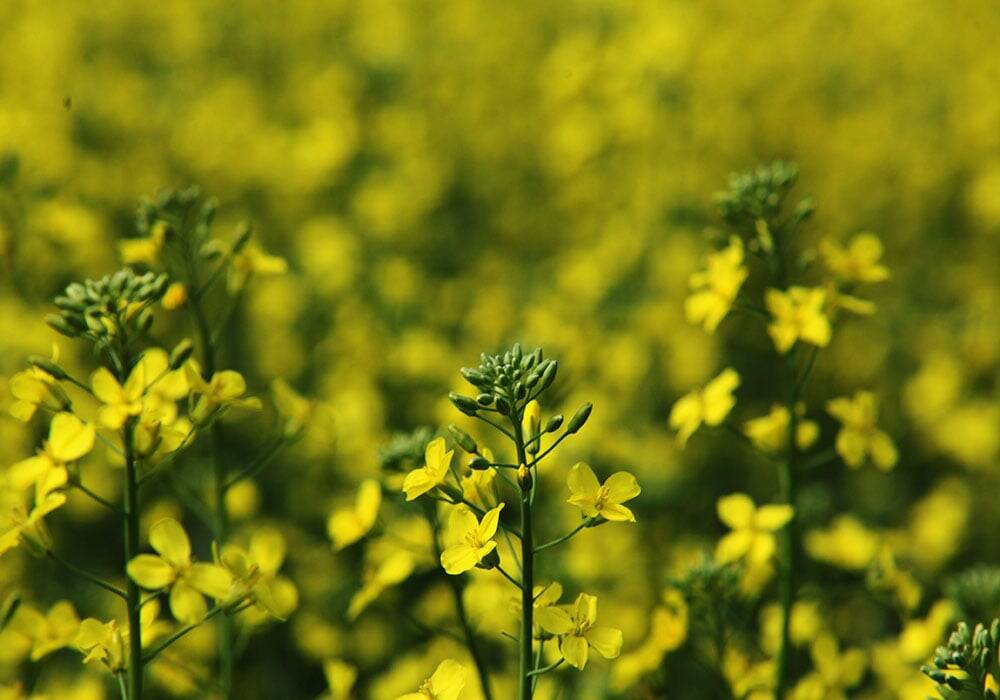Chicago | Reuters — Chicago corn and soybean futures slid on Friday as rising interest rates and currency pressures weighed on U.S. exports and forecasts of warm, dry weather opened a window for Midwestern farmers to get their crop planted.
Recent rainfall in South America could boost Brazil’s south-central corn crop, which on Friday was forecast to be bigger than previously expected.
“The planting window for U.S. farmers is here and we expect to see them aggressively out in the fields over the next seven to eight days,” said Don Roose, president of Iowa-based U.S. Commodities. “The market has already put in a premium for the delayed planting start, and some of that premium is now coming out.”
Read Also

Canola industry pumped about 45Z clean fuel ruling in U.S.
Canada’s canola sector is pleased with the new 45Z guidance published by U.S. Treasury.
Meanwhile, Chicago wheat futures rose on technical buying and tight world supplies.
The most-active wheat contract on the Chicago Board of Trade (CBOT) settled the day up two cents, at $11.08-1/2 a bushel, and posted a weekly gain of 4.99 per cent (all figures US$).
Soybeans and corn ended the week lower, and extended weekly losses.
The CBOT’s most active soybean contract slid 25 cents to $16.22 a bushel, while the most-active CBOT corn settled down 12-3/4 cents at $7.84-3/4 a bushel.
Wheat prices have been underpinned by concerns that hot and dry weather across India, one of the world’s largest producers of wheat, is likely to diminish that nation’s export potential, while similar conditions erode U.S. winter wheat crops and worry about European crops rises.
Canadian stocks for nearly every field crop were down at the end of March 2022 compared to the same period in 2021, according to a farm survey released on Friday by Statistics Canada.
In France, Europe’s biggest grain producer and exporter, a leading technical institute said hot and dry weather expected later this month would cause irreversible damage to grain crops.
— Reporting for Reuters by P.J. Huffstutter in Chicago; additional reporting by Naveen Thukral in Singapore and Sybille de La Hamaide in Paris.
















